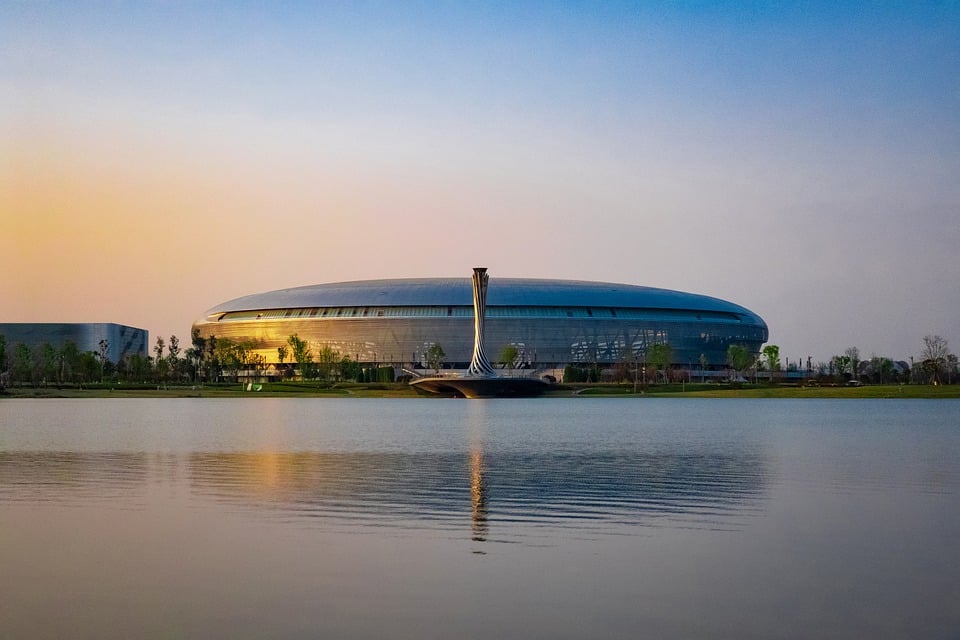The U.N. and the Refugee Crisis: A Tale of Solidarity and Challenge
In a world increasingly fraught with conflict, persecution, and natural disasters, the issue of displaced people is more pressing than ever. Since the establishment of the United Nations (U.N.) in 1945, the organization has played a pivotal role in addressing the needs of refugees and coordinating international responses to humanitarian crises. Yet, as the numbers of those displaced by violence, war, and climate change continue to rise, the U.N. faces an uphill battle marked by both solidarity and significant challenges.
A Historical Perspective
The U.N. was founded on the principle of promoting peace and social progress, and it has worked tirelessly to uphold human dignity across the globe. One of its key agencies, the United Nations High Commissioner for Refugees (UNHCR), was created in 1950 in the aftermath of World War II. Its mission was to protect and assist refugees who had fled their homelands in search of safety. Over the decades, the UNHCR has evolved and expanded its role, assisting millions displaced by conflict in diverse regions including the Middle East, Africa, and South Asia.
Growing Numbers
Today, the global refugee crisis is staggering. As of the end of 2021, the UNHCR reported that approximately 26.6 million refugees were living outside their home countries, coupled with over 48 million internally displaced persons (IDPs) due to conflict and violence. Compounding this crisis is the impact of climate change, which threatens to displace millions more, as rising sea levels and extreme weather events force people to flee their homes.
The COVID-19 pandemic further complicated these challenges, straining humanitarian systems already under duress and limiting the movement of aid. Nations faced immense pressure as they navigated the balance between protecting their borders and providing asylum to those in need. The pandemic also exacerbated issues of xenophobia and discrimination against refugees, highlighting the need for compassion and understanding in global discourse.
Pillars of Solidarity
Despite these challenges, the U.N. has demonstrated remarkable solidarity in its efforts to help refugees. The Global Compact on Refugees, adopted in 2018, emphasizes international cooperation and responsibility-sharing among nations. It seeks to enhance the protection of refugees and support host communities, aiming to ensure that the rights of refugees are upheld, while fostering durable solutions, such as resettlement and local integration.
Moreover, grassroots movements and partnerships with non-governmental organizations have emerged, focusing on addressing specific refugee needs. From mental health services to vocational training, these initiatives aim to empower refugees, enabling them to rebuild their lives and contribute to society. The U.N. has actively collaborated with these groups, recognizing that responding to the refugee crisis cannot fall solely on the shoulders of governments but requires a multi-faceted approach involving communities and civil society.
The Challenge Ahead
While the U.N. has made significant strides, considerable challenges remain. Political polarization in many countries has led to nationalist sentiments that resist accepting refugees. As governments grapple with public opinion, funding for refugee assistance has experienced fluctuations, undermining the stability of humanitarian programs.
Additionally, the bureaucratic nature of international aid can often hinder swift responses to emergent crises. The U.N. faces the difficulty of aligning the varying interests of member states, each with its own policy objectives. A lack of consensus can stall urgent interventions, leaving many refugees stranded in limbo.
A Call for Renewed Commitment
As we look toward the future, addressing the refugee crisis requires renewed commitment and collaboration from all sectors of society. The U.N. must continue its advocacy for the protection of refugees, emphasizing the moral imperative to support those fleeing unimaginable circumstances. Educating the broader public on the plight of refugees and promoting narratives of solidarity can pave the way for greater acceptance and integration of displaced individuals within communities.
Moreover, sustainable solutions to the refugee crisis will necessitate tackling its root causes. This includes addressing the geopolitical factors that lead to conflict, as well as investing in climate change mitigation and adaptation strategies. The U.N. and its member states must prioritize diplomacy and development assistance to create environments in which people do not feel compelled to flee their homes.
Conclusion
The refugee crisis is not merely a humanitarian issue but a reflection of our shared humanity. The U.N. stands at a critical juncture in addressing this ongoing challenge. Through solidarity, cooperation, and a commitment to human rights, the U.N. has the potential to turn the tide for millions of refugees, transforming a tale of despair into a story of resilience and hope. As the world continues to grapple with the complexities of displacement, it is imperative that we remember our collective responsibility to protect the most vulnerable among us and work towards a future where safety and dignity are accessible to all.





